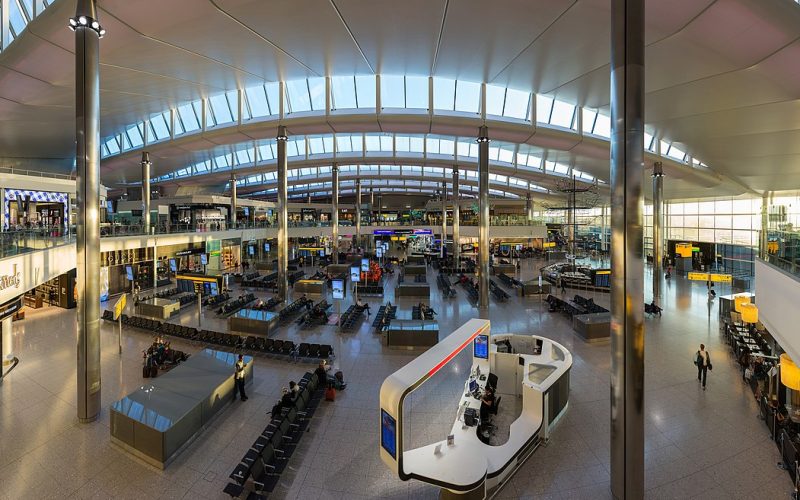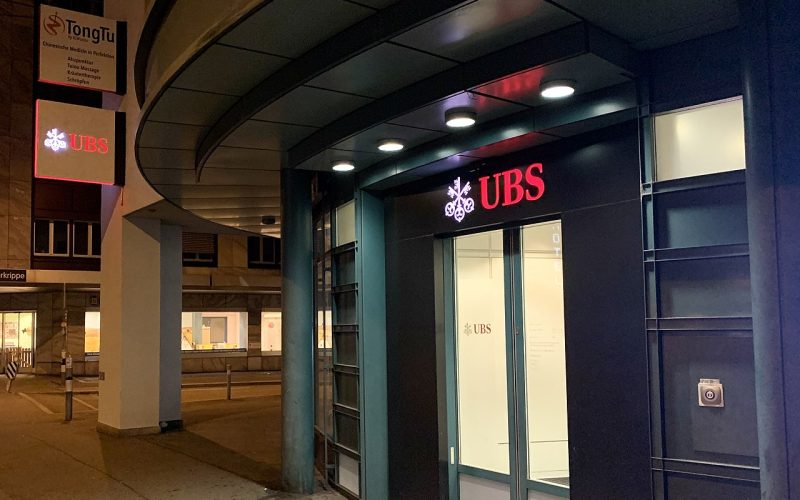Despite efforts by authorities to restore trust, share markets are still collapsing due to worries of a crisis in the banking industry.
On Friday, indexes tumbled throughout Europe and the US as a sell-off in the struggling Swiss lending behemoth Credit Suisse gained momentum.

Credit Suisse shares plummeted 8%.
A day after receiving a cash infusion from the top banks in the nation, First Republic’s shares fell 33% in the US.
The FTSE 100 finished more than 1% down.
While the Dow Jones Industrial Average index declined 1.2%, exchanges in France and Germany also ended the day lower. The S&P 500 and Nasdaq indices also declined.
Investors were alarmed earlier this week when Credit Suisse said that it had discovered “significant weaknesses” in its financial reporting, and its largest shareholder, the Saudi National Bank, warned it was unable to put more money in the Swiss company.
The Swiss National Bank gave the company, which has been in problems for a while and is still losing money, an emergency £45 billion lifeline, although concerns about the bank’s stability still exist.
Almost $466 million has recently departed Credit Suisse’s managed funds in the US and Europe, according to information from financial services company Morningstar.
The troubles at Credit Suisse are “idiosyncratic in character and we feel containable for now even in a worst-case scenario,” according to Morningstar analysts Niklas Kammer and Johann Scholtz.
However, they added that “developments are currently happening at a quick rate and views we form today may be outdated tomorrow”.
Concerns about the stability of the banking sector have been sparked by the problems at Credit Suisse, which employs roughly 5,000 people in London and about 50,000 worldwide. These problems coincide with the demise of Silicon Valley Bank (SVB) and Signature Bank in the US.
In an effort to prevent additional panic, US officials intervened over the weekend to guarantee that customers at SVB and Signature Bank had complete access to their money.
But, worries persist that other banks, such as First Republic in San Francisco, would be exposed to a surge of consumers withdrawing their deposits.
Throughout the previous week, its shares had fallen by roughly 70%.
The 11 US banks that expressed their support for First Republic on Thursday claimed that their move demonstrated their “trust in the nation’s banking system”.
US financial officials praised the action and said it showed how resilient the banking system is.
Over the past year, central banks from all over the world have substantially increased borrowing prices in an effort to slow the rate of inflation.
The changes have reduced the value of the sizable bond portfolios that banks purchased while interest rates were lower; this has led to speculation that other businesses may be in a comparable predicament, and it also contributed to the failure of Silicon Valley Bank.
Silicon Valley Bank’s parent company, SVB Financial Group, filed for bankruptcy on Friday in order to liquidate its remaining assets.
According to US asset management Payden and Regal’s chief economist Jeffrey Cleveland, other banks might be affected by the issue.
If central banks are determined to keep raising interest rates, he said, “there could be additional vulnerabilities.” He made this statement on the BBC’s Today program.
“Historically, we have observed instability and issues with the financial system when that occurs.”
Both the US Federal Reserve and the Bank of England were prepared to hike interest rates further at meetings the following week before the turmoil in the banking industry broke out. Yet, others have argued that these rate increases may be reduced or perhaps abandoned in light of recent events.
On Thursday, the ECB announced a further hike to interest rates from 2.5% to 3%.











